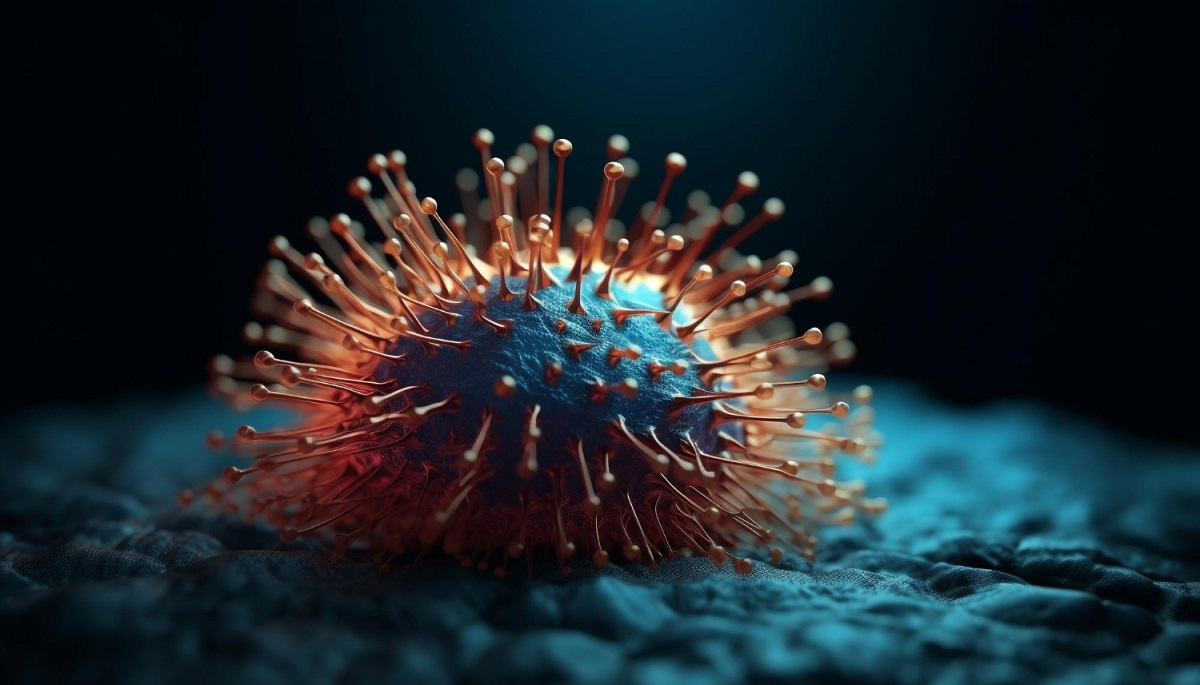KEY TAKEAWAYS
- The study aimed to explore melatonin’s functional role in urothelial carcinogenesis using preclinical investigations.
- The findings suggested melatonin suppresses urothelial tumorigenesis, marking the first preclinical study to demonstrate its impact.
The efficacy of melatonin and its biological significance in human bladder cancer are still inadequately understood in current research.
Yujiro Nagata and the team aimed to explore melatonin’s role in promoting urothelial carcinogenesis through functional investigations.
In human normal urothelial SVHUC cells exposed to the chemical carcinogen 3-methylcholanthrene, researchers evaluated the impact of melatonin on neoplastic and malignant transformation.
The results revealed that in vitro system challenged with a carcinogen, melatonin effectively prevented neoplastic transformation of SV-HUC-1 cells. Additionally, melatonin treatment increased expression of SIRT1, Rb1, and E-cadherin, while decreasing expression of N-cadherin and FGFR3 in SV-HUC-1 cells.
Analysis of publicly available datasets from GSE3167 showed significant down-regulation of melatonin receptor 1 and melatonin receptor 2 in bladder urothelial carcinoma tissues compared to adjacent normal urothelial tissues.
The study concluded that melatonin acts as a suppressor for urothelial tumorigenesis, marking the first preclinical demonstration of its impact on urothelial cancer development.
No funding information was available.
Source: https://pubmed.ncbi.nlm.nih.gov/38944424/
Nagata Y, Quynh NT, Aono H, et al. (2024). “Melatonin Inhibits Chemical Carcinogen-mediated Malignant Transformation of Urothelial Cells: In Vitro Evidence. Cancer Genomics Proteomics. 2024 Jul-Aug;21(4):388-394. doi: 10.21873/cgp.20456. PMID: 38944424; PMCID: PMC11215424.



